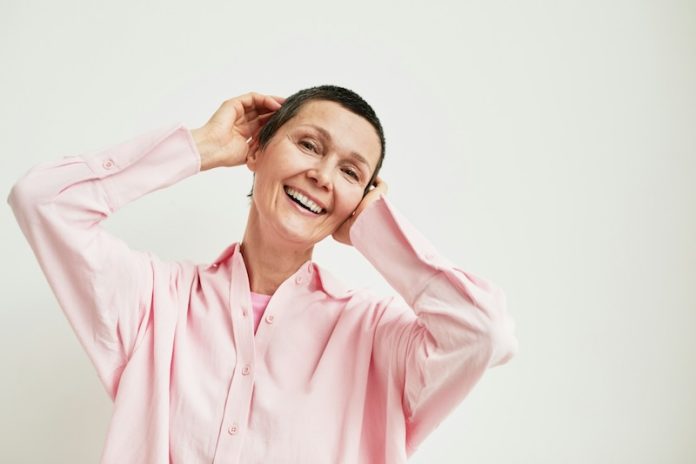
Chemotherapy, a common treatment for cancer, involves powerful drugs designed to target and destroy cancer cells. While effective in battling the disease, chemotherapy can also affect the body’s normal cells, leading to various side effects.
One significant area impacted is nutrition. Certain foods can aggravate these side effects or interact adversely with chemotherapy drugs.
This review delves into the types of foods patients undergoing chemotherapy should generally avoid for optimal health and comfort.
Foods to Avoid During Chemotherapy
Raw or Undercooked Foods: Chemotherapy often weakens the immune system, making patients more susceptible to infections. Foods like sushi, rare meats, and unpasteurized dairy products can harbor harmful bacteria and parasites.
A study in the “Journal of Clinical Oncology” underscores the risk of foodborne illnesses in immunocompromised individuals, recommending thoroughly cooked foods to reduce infection risks.
Certain Fruits and Vegetables: While fruits and vegetables are typically healthful, some can be problematic during chemotherapy. Unwashed fruits and vegetables may contain harmful bacteria.
Also, certain fruits like grapefruit can interfere with chemotherapy drugs, as noted in research from the “American Journal of Medicine.” It’s advised to thoroughly wash produce and consult with a healthcare provider about any potential fruit interactions.
Spicy and Acidic Foods: Chemotherapy can cause mouth sores and gastrointestinal irritation. Spicy, acidic, or overly seasoned foods can exacerbate these conditions. The “Oncology Nutrition” journal suggests mild, bland foods to minimize discomfort.
Fatty, Greasy, or Fried Foods: These can be hard to digest and may exacerbate nausea, a common side effect of chemotherapy. Opting for lean proteins and baked or grilled foods can be more stomach-friendly.
Sugary Foods and Drinks: High sugar intake can lead to energy spikes and crashes, which isn’t ideal for patients who already experience fatigue due to chemotherapy. Limiting sugary foods and drinks can help maintain more stable energy levels.
Alcohol: It can interact with chemotherapy drugs and contribute to dehydration, liver stress, and fatigue. Many oncologists recommend avoiding alcohol during treatment.
Highly Processed Foods: These often contain additives and preservatives that might stress the body during chemotherapy. Fresh, whole foods are generally a better choice.
Tips for Safe and Healthy Eating During Chemotherapy
- Food Safety: Practice good food safety by washing hands and surfaces often, avoiding cross-contamination, and cooking foods to safe temperatures.
- Eat Small, Frequent Meals: This can help manage nausea and ensure adequate nutrient intake when appetite is low.
- Stay Hydrated: Dehydration can worsen chemotherapy side effects. Drinking water, herbal teas, and clear broths can help.
- Consult Healthcare Providers: Always check with doctors or dietitians about specific dietary needs and restrictions.
- Listen to Your Body: Appetite and tolerances can change during treatment. It’s important to adapt and find what works best.
Conclusion: Tailoring Diet to Support Chemotherapy
Navigating diet during chemotherapy is crucial for managing side effects and maintaining strength. Avoiding certain foods can significantly improve comfort and health during this challenging time.
Remember, dietary needs can vary greatly among individuals, and it’s essential to tailor food choices to personal needs and treatment specifics.
Collaborating closely with healthcare providers and dietitians can ensure a nutrition plan that effectively supports the journey through chemotherapy.
Follow us on Twitter for more articles about this topic.
Copyright © 2023 Scientific Diet. All rights reserved.





